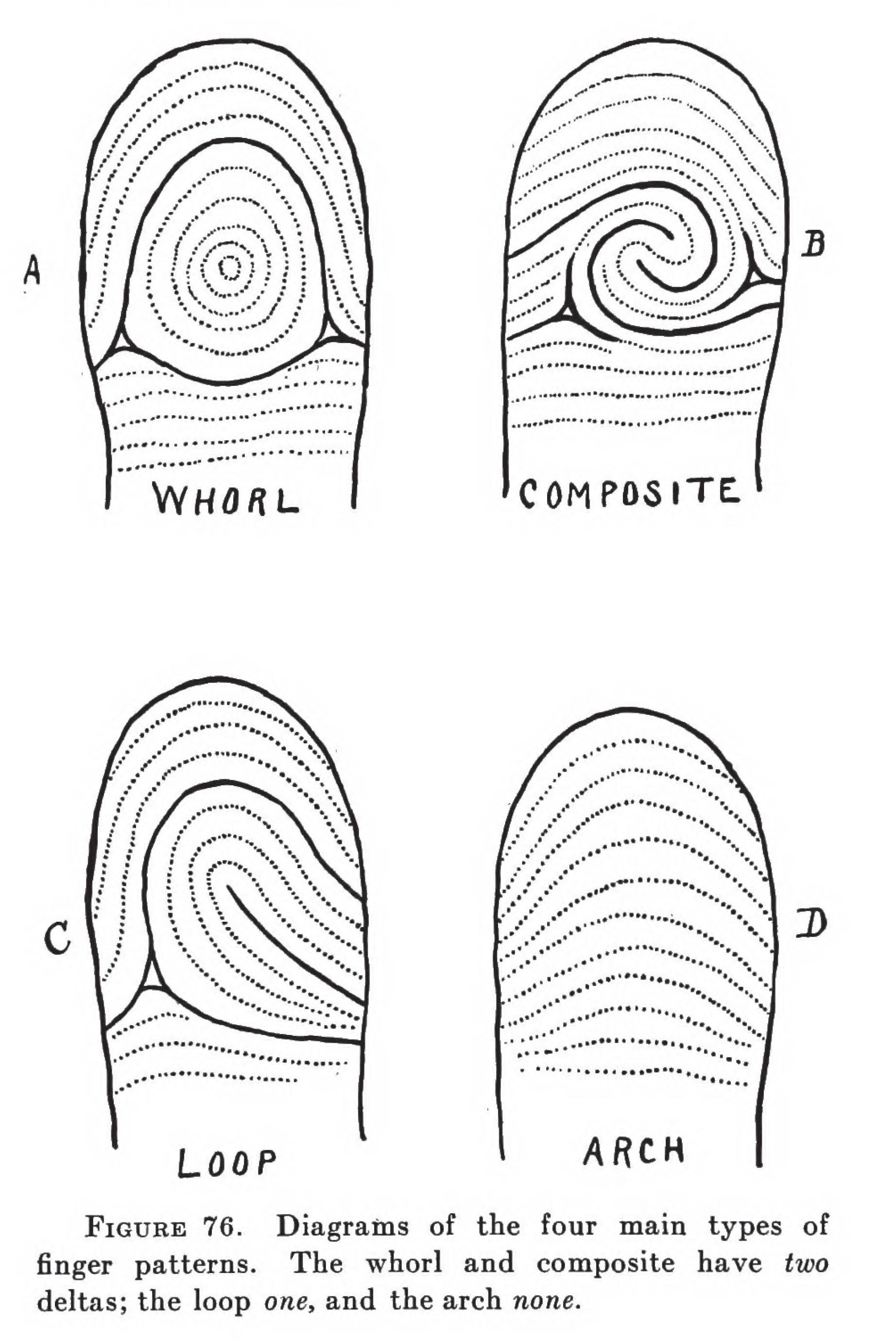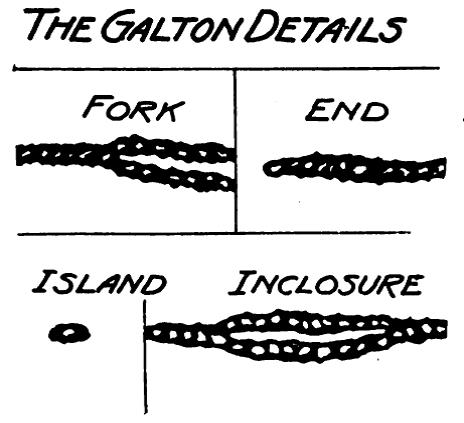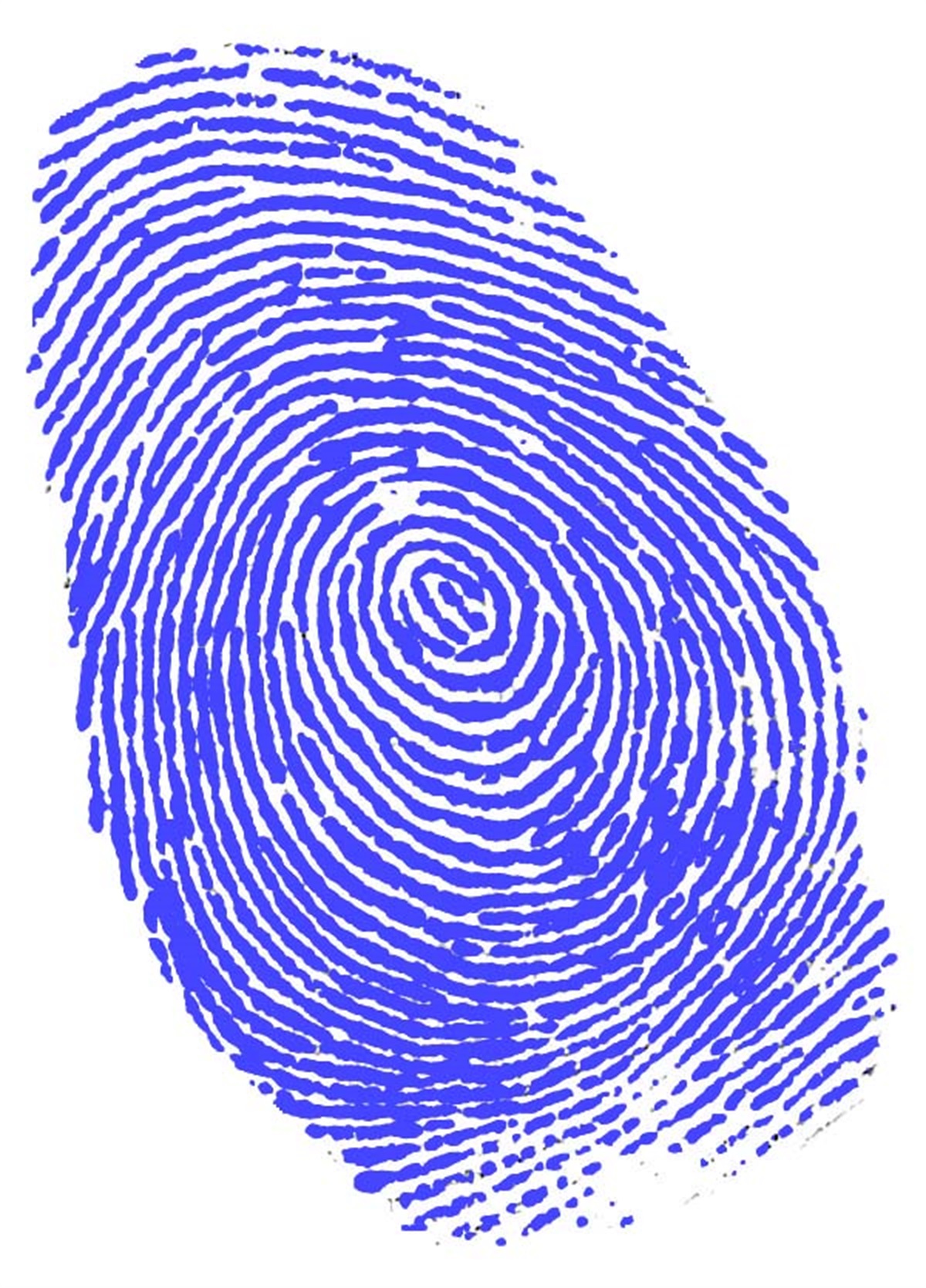HOW are you different from others..........
You are the one and only you......
It is our pleasure, purpose and goal to share Connection - Holistic Lifestyle - Alternative Healing Treatments - Living Happier with New Thought - from original sources.
GlobalCnet is a collection of original thought, clinical trials, new ideas, and found expert advice. We have assembled extensive information and facts to inspire YOU to further your education, skills, and desires on your specific subjects. When you click on blue links, do your research, and observe all the other articles available to you, copy what you need. GlobalCnet connects you, you make better-informed decisions.
The original authors, like Harvard University, MedNet, Unstuck.com, Web MD, Readers Digest, Mental Health documents, Worldwide news, valuable Life Lessons, and real-life stories. Millions of Web Sites have written, published, and illustrated information for your benefit, your personal growth, and your pleasure. Find it, use it share it.
GlobalCnet just connected you.
It is our hope that you use all information for further answerers, ideas for more exploration, and the wisdom to share discoveries with others. It is all about having the right fast or safe connections. Everything has already been discovered, be smart, and use proven methods and spin your solutions to fit your needs.
Some of the connections may present the ability to buy a product, you don't have to buy anything, but you get to read and understand the contents free. GlobalCnet is passing this vital information to you, connecting you, with no profit. All information can be vital to living happier and healthier. This new-found information could save your life or the life and happiness of another. Be healthier.
Any questions, comments, or just say hello...please leave a webmail .
OK...you are now on GlobalCnet. You can use the SEARCH BAR to quickly find subject information, or you can visit all the pages. Your involvement will be an organized starting point leading to answers to your questions.......just use it. Type in a word and hit search.
- Michael J. Malette
Founder, Global Connection Network, Inc.

What is the meaning of your life?
Like a shadow, this question follows us through our lives, even if we never turn around to see it.
We all want to feel like our lives count for something. We want to know that all this was not just a cosmic accident.
The good news is that finding a sense of purpose is possible at any age.
But, first, we need to reword the question.
“What Is the Meaning of My Life?” is Really 3 Questions
Adding the word “my” to “What is the meaning of (my) life?” simplifies the problem, but, it doesn’t solve it.
At most, putting the focus on ourselves gives us a chance to answer the question.
In order to find our purpose in life, we need to dig below the surface and ask ourselves even more specific questions.
We need to understand our values, talents, and potential.
We need to ask ourselves 3 questions:
#1: What is important to me?
#2: What am I truly good at?
#3: What is my potential?
“What Is Important to Me?”
For many people, this question is the most difficult of the three.
For most of our lives, we look to others to tell us what is important.
When we are children, our parents provide structure and guidance.
When we are adults, we are influenced by our friends, partners, and colleagues, not to mention the media.
But, how many of us have stopped to think— really think—about our values?
Force yourself to ask this question on multiple levels.
What are the biggest problems you see in the world?
What are their causes?
Who are the most important people in your life?
What are your dreams and aspirations for them? What are your values? How well is your current lifestyle aligned with these values?
These questions will not be resolved in a day.
They may not even be resolved in a lifetime.
So, return to them again and again.
Make the search for meaning the story of your life.
“What Am I Truly Good at?”
Finding meaning in our lives requires us to look beyond our values and assess our talents.
In doing so, we will find ways to make the world a better place, while enriching our own lives.
We all have unique talents and traits.
How would you describe what you are really good at?
Are you a strong communicator?
Do you love to teach others?
Are you creative, analytical, caring, or disciplined?
Are there specific sports or activities that feel natural to you?
Don’t let society’s value judgments prevent you from following your dreams.
The more unique your talents are, the more likely they are to lead you to the meaning of your life.
“What Is My Potential?”
The first two questions ask you who you are.
The last question focuses on what you can become.
Each of us has the potential to achieve greatness, in our own way.
Life is full of choices.
Do you want to follow the path that you have always known?
Or will you chart a new course?
Will you accept your life “as it is?”
Or, will you chase your potential, knowing that you will never reach it?
Will the search for your own potential lead you to find perfection in the journey?
What do you want to accomplish in the decades ahead?
What kind of person do you want to become?
What milestones do you want to reach?
What would make you proud of yourself?
Ultimately, there is no answer to the question, “What is the meaning of life?”
You can only answer the question, “What is the meaning of my life?”
Even this question is just a placeholder.
The answer will not come like a lightning bolt of inspiration.
The answer will be the gentle rumble of thunder that echoes with the story of a life well-lived.
17 Insights On What Makes A Person Unique

Everyone is unique in their own way.
Some people try to blend in with the majority, but they are still unique.
Some people take their uniqueness, stand out as different, and use their unique persona to create and experience the life they want.
If you are ready to stand out from the crowd, then you first need to embrace what makes you unique. You need to accept who you are without needing to fit into a label of who you should be.
Just know that you will stand out once you embrace everything that makes you different, but you will also be in complete control of your life and your happiness.
So, what makes a person unique? Following are 17 different aspects of a person’s life and themselves that make them unique. While just one of the following things can make someone unique, if you combine them all together, you can see just how unique we all are.
1. Experiences
No one has had the same experiences in life.
Not one person.
Everyone experiences variations in their day, even when they are working at the same place or spending time together.
For instance, I spent some time with my best friend in a small cabin located in a remote harbor.
We spent two weeks together and, for the most part, did pretty much the same things.
But we experienced the time there a little differently. We had two unique experiences that affected us in different ways.
Your experiences throughout your entire life, as well as your day-to-day experiences, are what make you the unique person you are today.
2. Perception
The way you view life is not going to match up with anyone else.
Sure, you may have some moments where you and your friend perceive the exact same thing, but for the most part, you will see things slightly differently than others.
Perception accounts for how we experience things as well as how we think and feel, so it plays a huge part in what makes a person unique.
For instance, the other night I had a conversation with a friend over text.
A family member thought that I had offended my friend while I thought nothing of it.
I knew my friend and what I could or could not say to him, but the family member insisted that what I had said would make him upset.
We had a different perception of such a simple thing, and it was based on our own experiences in life and influenced how we felt about the conversation.
3. Beliefs
Your experiences and perceptions in life create your beliefs.
What you believe is what you perceive to be true based on what you have experienced in life.
Your beliefs about yourself, other people, the world, what’s right and wrong, and everything else is never – in a million years – going to match up to someone else’s beliefs perfectly.
Moreover, beliefs can change over time-based from future experiences and perceptions, which means that even if you have the same belief as someone right now, you may not in the future.
4. Creativity
Everyone is creative in some way, but there are many different creative talents that we can have. Some of us are good at improvising, some of us are good at inventing, some of us are good at creating, and some of us are good at envisioning things.
According to Lynne Levesque, Ed. D. there are 8 different creative talents to pull from, including the adventurer, the navigator, the pilot, the inventor, the explorer, the diplomat, the poet, and the visionary.
Within these groups, we each branch out in different ways, which is what makes us unique from the next person.
5. Genetics
Even our bodies are different on a genetic level.
Research has shown that we are somewhere between 90-99% different thanks to our genes and the number of copies of our genes.
A change in one thing can change how our genes are used or even expressed.
Without getting too technical, it is apparent that no one is alike in their genetics.
6. Body
Everyone’s body is unique! Surprise!
Everyone carries their weight differently and comes in different shapes and sizes.
While this is glaringly apparent when you look around, we all seem to think that we are supposed to look exactly alike, which is absolutely ridiculous!
People who celebrate their unique bodies often stand out the most to people. Thin, fat, short, tall, and everything in between can really make us take notice of how different someone seems to be.
7. Relationships
Relationships have a big influence on our lives.
They influence how we think about ourselves and how we interact with the world around us.
Not one person can say that they have the same relationships as anyone else.
Even if two people are friends solely with the same people, the relationships they have with them are going to differ on some level.
Some people connect more than others.
Some people share certain beliefs that bind them in a different way.
Some people clash with each other on little things, and that affects their relationship.
The point is that we all have different relationships in our lives, which is a big contribution to what makes a person unique.
8. Hobbies
We all have different hobbies, and even if we do have the same hobby as someone else, we often approach it in a slightly different way.
I think one of the best ways to showcase this is to get on YouTube and watch all the vloggers who are focused on planners and organizations.
While they all enjoying using planners, agendas, and calendars, no two vloggers do things exactly the same!
Each one of them is unique and adds something new to the planning/organization niche.
This is why there are so many different bloggers on the same topics. They all have a unique way of approaching the things they enjoy and that is where things get uniquely interesting.
9. Intelligence
It’s a matter of fact – we are all different when it comes to intelligence. Intelligence stems from many things, including our beliefs, social aptitude, emotional awareness, experiences, and the health of our brain.
No two people are riding on the same wavelength of intelligence, which is why it is necessary for people to come together during problem-solving.
What one person understands or can figure out can help the other person increase their awareness as well.
10. Sensing The World
We all have five dominant senses, and they play a huge part in making us unique.
First, we all see different things, which affects how the other senses are used. Moreover, we all hear things differently, which affects how the other senses are used.
For instance, when I was with my friend in the harbor, she couldn’t smell the ocean as strongly as I could.
Because I wasn’t used to being around the ocean as much as she was, I was more focused on the ocean than she was, while she was more focused on what was happening directly in and around the cabin.
That strongly affected what we heard, smelled, saw, and even tasted while we were there. Just another reason we experienced the whole trip so differently.
Another example is how we hear music.
Some people love heavy metal while others enjoy classically. Often the reasons we prefer one genre over another have everything to do with our perception of life and what we have experienced and believe.
One person may have grown up listening to heavy metal with their best friends while another person enjoyed classical music with their favorite grandmother.
11. Taste
This is part of sensing the world around us, but it’s important to note that we really do taste things differently.
First, what we grow up on we tend to favor because we have grown accustomed to the tastes in those foods.
But it also turns out that it has something to do with the number of taste buds we have, the sensory capacities those taste buds have, and the response the brain has from the signals it gets from the taste buds and the nerve endings.
In other words, everyone experiences flavor differently!
Some people, with a lot of taste buds and high sensory capacities, are able to pull apart a meal and taste each individual flavor, while others with fewer taste buds, may taste something less flavorful.
12. Personality
What makes up a person’s personality?
Their temperament, attitude, thoughts, beliefs, behavior, and character. Your personality is very unique, and it is what other people see when they interact with you.
Often people will describe people based on their personality, which shows how unique it is. For instance, you will hear people describe others as bubbly, quiet, thoughtful, agreeable, annoying, or rude.
13. Communication Habits
No two people communicate in the same way.
The way people communicate reflects their thoughts, beliefs, and personality.
Some people are loud and say what is on their mind, while others are more withdrawn and like to keep personal things to themselves.
Some people are excellent at reading body language (and using their body language to communicate) while others don’t see anything past the words coming out (and don’t understated how their body language is affecting a conversation).
14. Humor
We don’t see the ‘funny’ in the same things.
For instance, I don’t find Andrew Dice Clay funny, but there are plenty of people who relate to him, and that is what humor is all about.
What we find humorous often relates to what we have experienced and how we perceive life.
And while some comedians have the ability to touch on everyday things that most of us can relate to, they still are not found funny by everyone.
15. Goals
We all have different desires in life.
Even if we have the same type of goal, we often want something slightly different than the next person.
For instance, if you have a goal to create a successful business, there can be many different variations from someone else.
You may want to make a certain amount of money, or you may just want to influence other people in a positive way rather than make a fortune.
16. Intuition
Some people have a high level of intuition that helps them decide what they want to do in life, while others need to reason things out before they can make a conclusion.
While there are different factors that play a part in how intuitive someone is, the brain is definitely one of the big ones.
People who have a stronger right brain more seem to be more intuitive because they have the ability to make a connection between things easier.
The right brain is visual and processes inflammation in an intuitive way, while the left brain processes things in an analytical way.
While the neuroscience community doesn’t believe that we operate from solely the left-brain or right-brain, there is no doubt that our experiences in life, as well as how we have been taught to approach life, determine how much we focus on and strengthen one side over the other.
17. Willingness To Be Yourself
What makes a person unique?
Their willingness to be who they are and stand out from the crowd.
This is a very unique trait because most people are not comfortable embracing their differences and approaching life based on their preferences.
Moreover, most people are not willing to show off their true personalities and how they interact with the world.
I’ve seen this time and time again.
One person will agree with someone else simply for the sake of fitting in.
And it can be in the smallest form too.
For instance, one person may buy vanilla ice cream, even though they want to buy chocolate ice cream, just so they can fit in.
But, it’s obvious – even in that little choice – that they are not happy or in a state of flow that comes with being honest with yourself and others.
The most unique people in the world are the people who fully embrace who they are and are willing to live life according to everything that makes up who they are. Celebrate these people when you meet them because they are a true testament to what living a passionate and satisfying life is all about.
Related Posts or You May Also Like:
 20 Tips On How To Live Life To The Fullest
20 Tips On How To Live Life To The Fullest
 15 Questions To Get To Know Someone
15 Questions To Get To Know Someone
 10 Tips On How To Feel Better After Someone Hurts Your Feelings
10 Tips On How To Feel Better After Someone Hurts Your Feelings
 Top 10 Ways To Improve Willpower
Top 10 Ways To Improve Willpower
 Manifestation Miracle By Heather Matthews: An In-Depth Review
Manifestation Miracle By Heather Matthews: An In-Depth Review
3 Signs The Universe Is Trying to Tell You Something
Unfortunately, the universe doesn’t use words in its communication

1. You're Losing Things
When you’re losing things, there’s usually something misplaced in your psyche, creating chaos in your mind that interrupts your thoughts and then your day-to-day activities.
Losing things may be a sign of carelessness or that you’re getting too attached to physical things and the universe telling you that you need to start paying attention.
You lose your eye drops when you really need them, and you have no idea where it went.
You lose the relationship you thought you’d be in forever or you lose your job out of the blue.
If you start to lose things, especially the things you wouldn't normally lose, the universe may be trying to tell you to arrange and organize your mind.
The message may be to take it slow and start cooling off your overactive mind.
Sometimes in life, we hold on so tightly to people and things we’re supposed to release.
We get attached and feel as if we can’t live without those things/people.
When you’re losing certain friendships and relationships, it may be a sign that you’re holding on to someone or something that needs to be let go of.
You may lose those things so you can learn to become attached to nothing.
So when you’re losing things, it may be time to do some reflection to see the things in your life that you should just let go of.
It may be the universe leading you where you're meant to go by removing the things that hold you back.
When you fail to pay attention, it can affect your life negatively and bring about a major loss in your personal, financial, or relationships.
Until you pay attention, you will continue to lose things until you lose something too important to lose.
Losing things may be a sign of carelessness and it may be the universe telling you that you need to start paying attention.
2. You Feel Anxious
When something bad is about to happen and you're in tune with yourself and with the universe around you, you will feel a strange feeling within you.
This strange feeling is often associated with the bad thing that may happen in the future.
Feeling anxious out of nowhere is a warning sign that you need to do or avoid doing something.
If you feel anxious before walking into a place or doing something, it could be the universe trying to tell you that you’re not in the right place or you’re about to do the wrong thing.
It’ll be wise to pause and tune inwards to decipher what the message really is.
A strange, anxious feeling could also be a sign to call and check up on someone or a situation and if that’s the case, your intuition will try to let you know what it is you must do.
If you’re failing to get the message the universe is trying to communicate, the anxiousness remains and grows stronger and can affect your ability to sleep well.
You lay in bed all night thinking and being anxious about something that isn't very clear.
An inability to sleep when you'd normally be sleeping is often a sign from the universe to let you know that there is something important for you to address that you didn't address so make a plan to address it or you'll lay in bed again counting sheep.
Feeling anxious out of nowhere is a warning sign that you need to do or avoid doing something.
3. You're Having Accidents
This is a sign you need to take seriously or you can lose your life or something very important to you.
Accidents happen when you fail to pay attention.
They happen when you’re in a rush.
Sometimes we fail to pay attention because we’re tired physically tired and mentally exhausted and we can’t really focus.
Stubbing your toe on the center table the third time in one day or dropping and breaking a bunch of plates may be a sign from the universe to slow down and think before taking your next steps.
Running into things and injuring yourself every time you go to work out or play soccer could be a sign that you are ignoring your intuition to take it slow.
It may be a sign that you’re working way too hard and you need to just stop.
Also, if you find that you’re becoming clumsier, it may be the universe trying to bring your attention to something.
Clumsiness is often a mental failure where you lose touch with your own body. It may be a sign to remap the things that are going on inside your mind. It may also be the universe telling you to ground yourself more into your body.
When you find that you're getting involved in accidents that make no sense to you, the universe may be trying to tell you to slow down and be more observant of your surroundings.
Other times, what may seem like an accident could be the universe saving you from an even worse fate.
If you can trust the universe, you’ll be taken care of.
Since its invention in the 19th century, modern fingerprint identification has relied upon the assumption that by examining a person’s fingerprints one can identify that individual with certainty and to the exclusion of all others.
This assumption has, in turn, rested on another assumption: that no two people have fingerprints that are exactly identical in terms of the form and configuration of their patterning.
For example, we find a statement of this idea in the instructional materials of the University of Applied Science, an institution that provided training in fingerprint identification in the United States during the early decades of the 20th century:
There is one point of which we are absolutely convinced, and that is: no two finger prints are alike.
We might take hundreds of thousands of prints from as many persons and there would be no two that we could call absolutely alike in every detail.
There might be two or even many more of them that would have the same general design, but even then we would find on careful examination that they were vastly different, or so much so that we could easily point out the difference when we compare the two prints.
It was on the basis of this notion of the individual uniqueness of fingerprints that police, forensic experts, and prison officials have been so confident that they could identify individuals using this technique.
It is important to be clear about what “uniqueness” means in this context, however.
When people make the claim that fingerprints are unique to the individual, they do not mean that there are no two people with the same number or configuration of arches, loops, and whorls on their fingers, because, in fact, there are.
These pattern types are illustrated below.

Image: Harris Hawthorne Wilder and Bert Wentworth. Personal Identification: Methods for the Identification of Individuals, Living Or Dead. Boston: Richard G. Badger, The Gorham Press, 1918, 188. Public domain.

Rather, saying that no two people have identical fingerprints really means that no two people share identical configurations of fingerprint minutiae (referred to as “Galton details” in the accompanying image).
A recent treatment of the subject defines minutiae as “[events] along a ridge path, including bifurcations (points at which one friction ridge divides into two friction ridges), dots (isolated friction ridge units that have lengths similar [to] their widths), and ridge endings (the abrupt end of ridges)”.
Fingerprint minutiae are the minute characteristics of friction ridge skin that make the forensic use of fingerprint identification possible: even two people who have the same number of arches, loops, and whorls on their fingers will have different configurations of minutiae.
Fingerprint examiners can compare the types and locations of minutiae appearing in two fingerprints (or a crime scene fingermark and a fingerprint taken from a suspect) when attempting to determine if they came from the same person.
Historically, this has been a commonly used approach in the field of latent fingerprint evidence.
.
The idea that no two people have identical fingerprints has been a staple of the 20th-century literature on fingerprint identification.
In 1920s China, for example, a fingerprint identification trainee named Chen Ruming explained the individual character of fingerprints in the following way:
Since all countries of East and West have been using fingerprinting, it has been put to the test repeatedly and two people with identical patterning have never been discovered.
Thus we can know without a doubt that people’s fingerprints are all different.
In this passage, Chen asserted that fingerprints can be viewed as unique due to the apparent fact that two identical fingerprints have never been discovered.
This kind of argument has been common in the history of fingerprinting, as have others that are meant to “prove” (or at least assert) such claims about the individuality of fingerprints [4].
For example, some have used the observation that even identical (monozygotic) twins do not have identical fingerprints to make the same point.
Whether or not such claims hold up is in some ways beside the point. Simon A. Cole has used the notion of the “fingerprint examiner’s fallacy” to describe the mistaken idea that the individual uniqueness of fingerprints could ever be taken as a guarantee of the accuracy of fingerprint identification.
As Cole explains,
When asked by courts for proof of the “reliability” of forensic fingerprint evidence, fingerprint examiners answered that all fingerprint patterns are unique.
Courts failed to grasp the gap in logic between the two statements and uniqueness became enshrined as the foundation of the accuracy of forensic fingerprint identification… We continue to labor under this fallacy today.




























